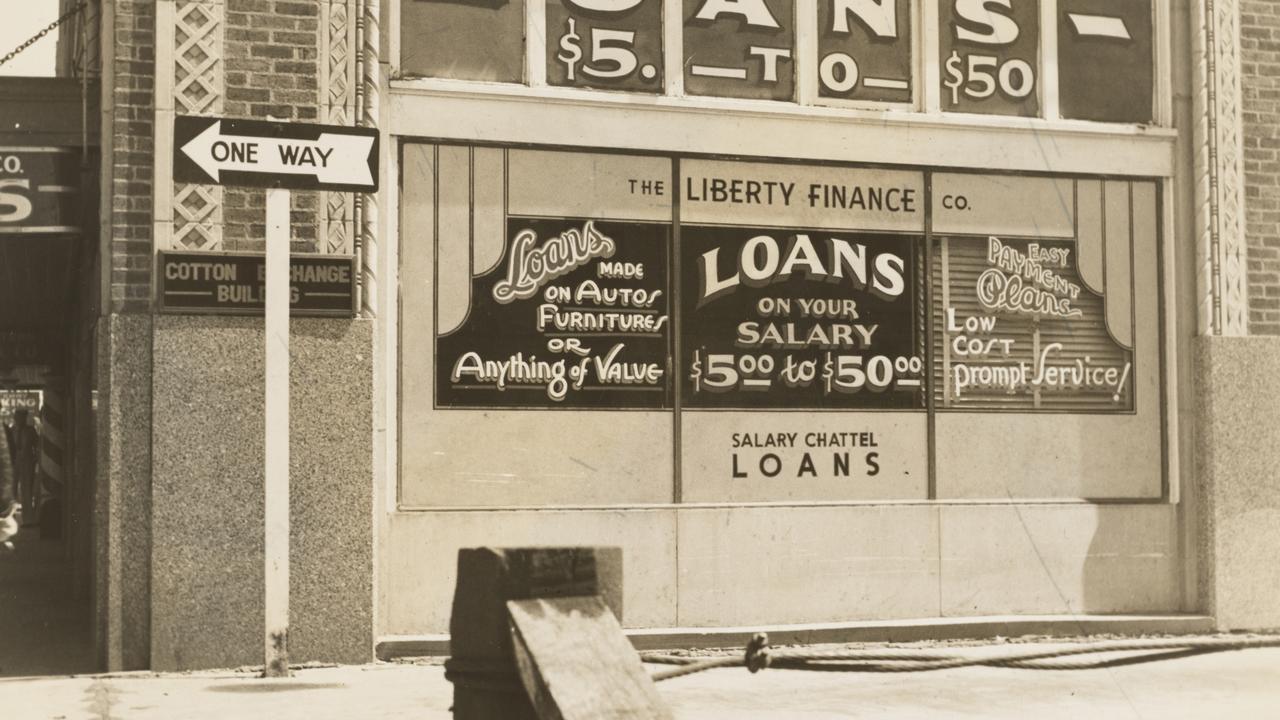Need Some Fast Cash? Part I: Look at a 401(K) Loan.
May 05, 2020
By Glenn J. Downing, MBA, CFP®
Q: I have a lot of high interest credit card debt. Should I take out a 401k loan?
This is a question we come across not uncommonly. There is a lot to like about doing this, but a big potential tax trap as well.
I want to distinguish clearly between 401K loans and 401K withdrawals. In this piece I’m discussion the loans; you can read about withdrawals here.
What are the Rules?
First of all, your 401k plan has to have loan provisions in place. No loan provisions, no loan. An employer can always go to his third-party administrator to have the plan documents amended if he would like to make loans available to the employees.
The loaned amount can be 50% of the vested account balance up to $50,000. A special rule allows participants with smaller balances to borrow up to $10,000 without the percentage restriction.
How Do I Obtain the Loan?
From what we’ve seen, plan participants simply log on to their retirement accounts, and there is a tab there to initiate a loan and input banking information. The loan has to be approved by a committee, and within a few days the funds show up in your bank account.
You’re Paying Yourself Interest
Any 401K loan has interest attached. Currently we are seeing 4% as common. This is cheap money! So yes – using a 401K loan to pay off high interest credit cards makes great sense on the face of it.
There is an opportunity cost here. Say you’re invested in a S&P 500 Index fund which returns 12% this year. Your loaned money will only return the 4% interest that you are paying. By virtue of having taken out the loan, then, you’ve forfeited 8% return on the funds loaned out.
There is also a strategy here. 4% return for fixed income isn’t bad – in fact, at this writing it's pretty terrific. So as you allocate your portfolio among the conservative, moderate, and aggressive choices, consider the loaned amount to be your conservative allocation. That means you perhaps can go more aggressive on the remaining funds.
How Do I Pay It Back?
Through payroll withdrawals. When you apply for the loan you’ll apply for a repayment period, typically 36 or 60 months. You’ll see how much will be withheld from each paycheck. If you are using the funds to swap out high interest debt, then you can adjust your budget to reflect the lower income amount offset by the payoff of the credit card(s). (Terrific budget blog post here.)
What are the Risks?
First, that you’ll run the credit card balance back up.
This is a behavioral issue. Many people who use a HELOC (home equity line of credit) to consolidate debt then feel like they are out of debt – and then the old behavior returns. This is a significant risk.
Second, that you lose your job and the loan becomes due.
This is the potential tax trap. Any amount not repaid becomes a taxable event. Say you lose your job and default on your payments. You have a $5000 outstanding balance. You won’t have to repay the loan, but now the 401K plan reports this $5000 balance to the IRS as a distribution. That means the $5000 is fully taxable to you, along with a 10% early withdrawal penalty if you’re under 59 ½.
Let’s use an example: The $5000 isn’t repaid, and you are age 45 and in a 22% tax bracket. You’ll owe ($5000 * .22) and ($5000 *.10) or an additional $1600 in taxes that year. Not the end of the world, but you wouldn’t choose it.
If you change employment you can roll your current 401(K) balance to your new employer’s plan. Then you have until October of the following year (tax filing date plus extension) to replace the loaned funds in your new 401(K).
In another blog piece I discuss 401(K) withdrawals – direct withdrawals as opposed to loans.
Get in touch!
Questions? Feel free to get in touch with us at [email protected] Also follow us LinkedIn, Facebook, Instagram, and YouTube for more personal financial information relevant to you!
Stay connected with news and updates!
Sign up for our monthly newsletter for more personal finance and market insights.
We hate SPAM. We will never sell your information, for any reason.

